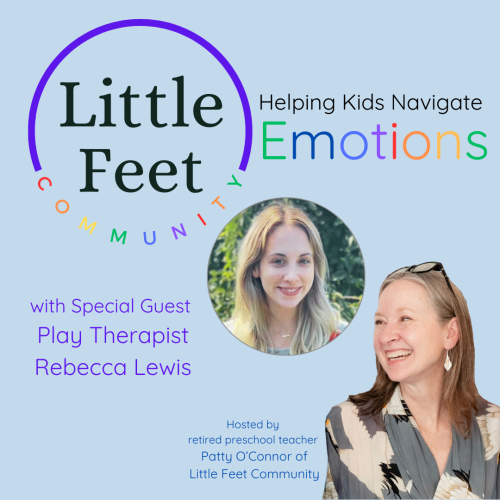Helping Kids Navigate Emotions
- Episode 1
- December 11, 2024

Episode Description
Here are some of the takeaways we discussed in our episode:
-
Be mindful of the stage of development your child is in, and consider that while
managing them.
-
Use active and reflective listening techniques, using phrases like “I see” and “I
wonder.”
-
Voice modulation: if you are an adult, think about the tone of your voice.
-
Sometimes, parents offer a choice when there isn’t one. If no option exists, avoid
the impulse to add “okay?” at the end—this might imply that dialogue is possibly
an option.
-
Be consistent.
-
Set a good example with personal self-care.
-
Reading books together can facilitate conversation between you and your child, here are some book recommendations:
-
Create a coping “toolkit” of strategies – i.e., deep breathing, blowing bubbles,
fidgets. Find what works for your child. For example, drinking through a straw can
calm some kids down. For more active kids try wall push-ups.
-
There are no “bad” emotions.
-
When a child is in an emotionally dysregulated state, don’t attempt to reason with
them.
-
Use play scenarios to help kids work out issues.
-
Have a feelings poster.
-
Reflect with your child on what happened afterward – when they are calmer.
